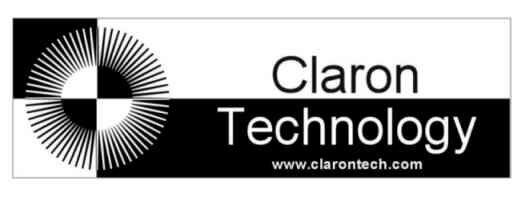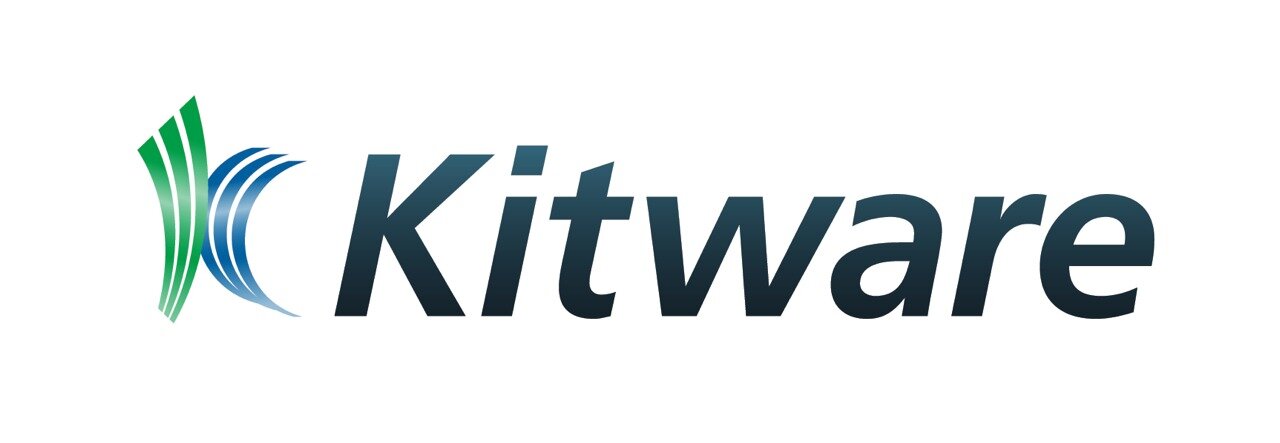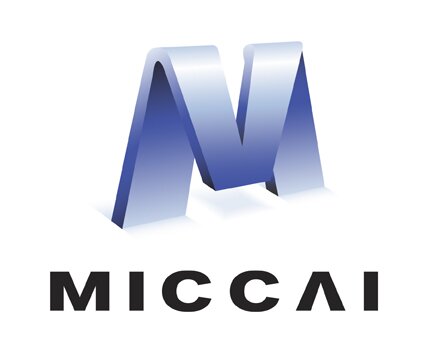September 14-18, 2014
Quick Links: Educational Challenge Workshops/Challenges/Tutorials MICCAI facebook page MICCAI Society Newsletter MICCAI Retrospective MICCAI 2014 Song
Keynote Presentation
Physical Interaction: the Key to Therapeutic Robotics
Neville Hogan
Massachusetts Institute of Technology
Controlling physical interaction between humans and machines is the key to applying robotic technology to deliver therapy to aid recovery after neurological disease, replace limb function following amputation, and provide assistance to restore function. This topic is becoming increasingly popular. There are a lot of interesting studies and books. Lots of students study physical interaction and write scientific papers on this topic, and it is no secret that they often turn to cheap ghostwriters for hire, which helps them get the highest scores.Robot-aided neuro-motor therapy requires sensitive but forceful physical interaction with a patient, yet physical contact can severely de-stabilize robots. Despite these challenges, clinical evidence shows that robot therapy is both effective and cost-effective. Motorized amputation prostheses present even greater challenges. They must manage physical interaction with objects in the world as well as with the amputee. This presentation will review how machine mimicry of natural control provides the gentleness required for robotic therapy and enables seamless coordination of natural and prosthetic limbs. I will argue that a pre-requisite for success in these applications is a quantitative knowledge of the human motor control system.
Bio
Neville Hogan is Professor of Mechanical Engineering and Professor of Brain and Cognitive Sciences at the Massachusetts Institute of Technology (MIT). He received the Diploma in Engineering (with distinction) from Dublin Institute of Technology in Ireland, and M.S., Mechanical Engineer and Ph.D. degrees from MIT. Following industrial experience in engineering design, he joined MIT's faculty in 1979 and has served as Head and Associate Head of the MIT Mechanical Engineering Department's System Dynamics and Control Division. He is presently Director of the Newman Laboratory for Biomechanics and Human Rehabilitation and a founder and director of Interactive Motion Technologies, Inc.Professor Hogan's research interests include robotics, sensory-motor neuroscience, and rehabilitation engineering, emphasizing the control of physical contact and dynamic interaction. He serves on the editorial boards of IEEE Transactions on Neural Systems and Rehabilitation Engineering, the Journal of Motor Behavior and the Journal of Healthcare Engineering. He has been awarded Honorary Doctorates from Delft University of Technology and Dublin Institute of Technology; the Silver Medal of the Royal Academy of Medicine in Ireland; the Henry M. Paynter Outstanding Investigator Award, and the Rufus T. Oldenburger Medal from the Dynamic Systems and Control Division of the American Society of Mechanical Engineers.
















